The Ukraine effect: demise or rebirth of the global order?

- The Russian invasion of Ukraine has sharpened the commitment of Western governments to a liberal vision of international order. But it is a different story elsewhere. Many countries, particularly in the Global South, regard the rules-based order as an artificial Western construct, and the Ukraine war as a matter of geopolitics rather than norms and principles.
- Events in Ukraine have reinforced Washington’s views about two competing visions of global order — one democratic, the other autocratic. However, such binarism has little resonance beyond the West. For the Global South, the divide that matters is with the Global North. This is not only about relative influence and status in the international system, but also diverging priorities.
- A rules-based international order is achievable, but not as commonly imagined in the West. The post-Cold War template of unalloyed US global leadership and Western-dominated institutions is no longer tenable. The only viable order is one that is more inclusive and representative, reflecting a world where power is increasingly diffuse, and global cooperation is critical in meeting threats such as climate change and human insecurity.
Introduction
The world is facing a Zeitenwende: an epochal tectonic shift. Russia’s war of aggression against Ukraine has put an end to an era. New powers have emerged or re-emerged, including an economically strong and politically assertive China. In this new multipolar world, different countries and models of government are competing for power and influence.
Olaf Scholz, Chancellor of Germany [1]
Viewed from Western capitals, Russian President Vladimir Putin’s invasion of Ukraine is the most consequential event in world affairs since the fall of the Soviet Union in December 1991. On its outcome hang the survival of Ukraine as a sovereign state, the future of European security, the credibility of the West, and the preservation of the rules-based international order.
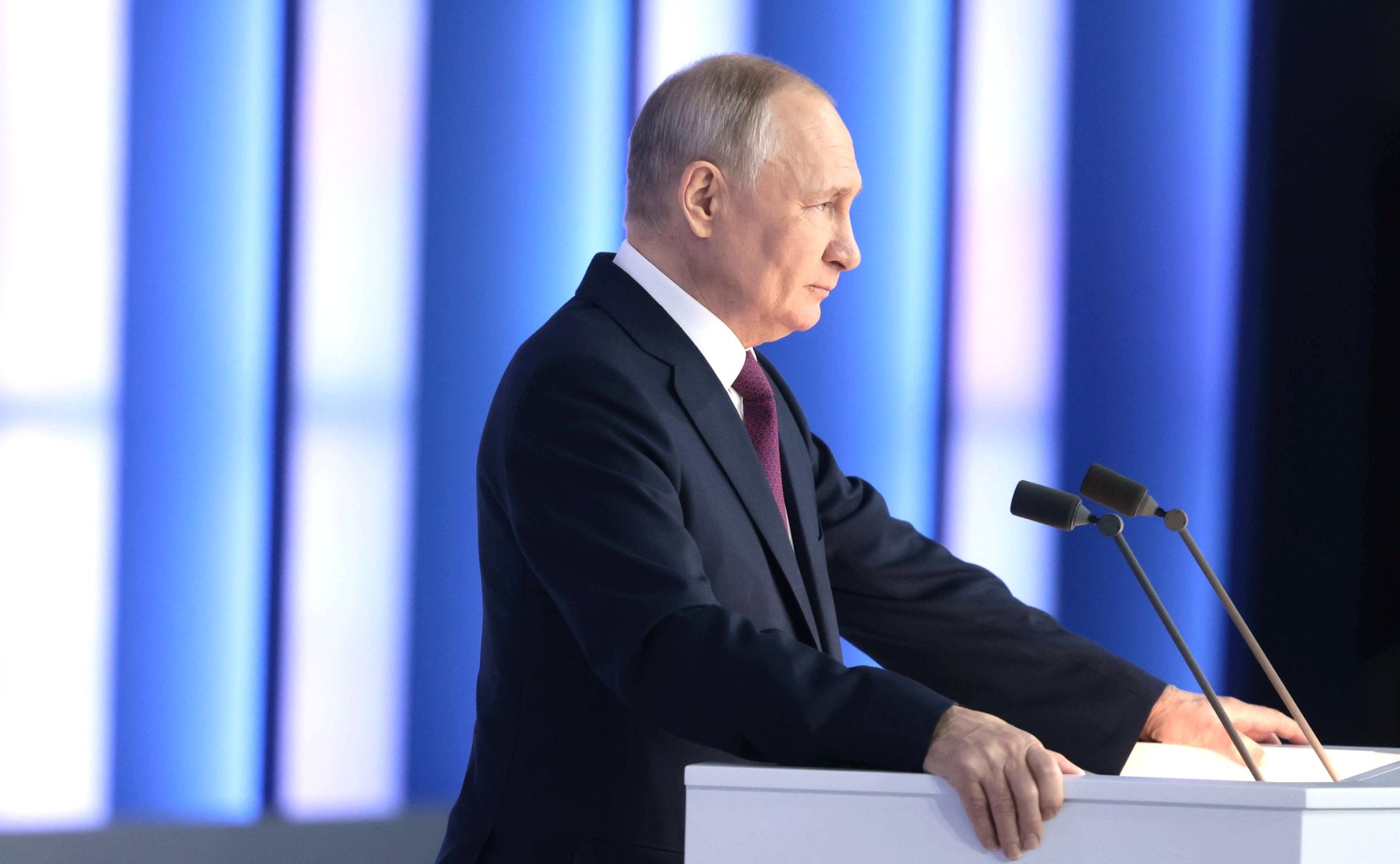
But for much of the world, the Ukraine conflict does not portend the “epochal tectonic shift” described by Chancellor Scholz. It is not an elemental struggle between good and evil, but an unwelcome distraction that diverts attention from more pressing priorities, such as climate change, food insecurity, debt relief, and public health. [2] Few non-Western leaders believe the fate of international order hinges on who wins and loses the war, even as they resent the instability this conflict has caused.
Against this polarised backdrop, I want to address two broad questions. First, what has been the impact of the Ukraine war on global order? Does it amount to a real game changer, as Scholz and other Western leaders claim, or is it more a reflection of existing trends — the steady erosion of international norms, escalating great power tensions, and global fragmentation?
The Ukraine war is a globally significant event that will exert a lasting influence on the shape of international order.
Second, what is the future of international order? Does Putin’s war herald an age of anarchy or has it, paradoxically, strengthened the case for order by reminding us of what the world stands to lose by its absence? This, in turn, raises the question of what kind of order we have in mind. Are we witnessing a resurgence of the post-Cold War, US-led model — the “rules-based international order” as understood in the West? Or is global governance undergoing a transformation, reflecting the profound shifts in power that have occurred over the past decade, in particular the rise of China and the growing influence of the Global South?
In this essay, I argue that the Ukraine war is a globally significant event that will exert a lasting influence on the shape of international order. It is a pivotal historical “moment”. Yet what is involved is not a simple binary choice between order and disorder. A Putin victory would kill off any prospect of a rules-based international order. Brute force will have prevailed, and anarchy — an “age of impunity” [3] — would be the longer-term outcome. However, a Ukrainian victory will also do little for international stability unless Western leaders draw the right lessons not just from the conflict itself, but also about the future of global governance. The most important lesson is also the most counter-intuitive: a viable rules-based order can no longer be synonymous with the liberal international model but will need to be much more inclusive and representative of the contemporary world.
Order, what order?
Before considering the “Ukraine effect”, we should establish what is meant by international order. All governments profess allegiance to the idea of order and agree that this functions on the basis of certain rules and norms. But what order are we talking about? Who makes the rules? And to whom do they apply?
In the West, the “rules-based international order” has acquired an iconic status as a self-evident truth, requiring little elaboration beyond its framing as the polar opposite of “might is right”. [4] But the reality is far from simple. For one thing, the term itself is quite new, entering common usage only in the 1990s. [5] Although there had been a liberal order during the Cold War, it was identified specifically with the Western camp in its strategic and ideological confrontation with Communism. It was only after the demise of the Soviet Union that liberal internationalism expanded from being a limited Western order into something much more ambitious — a framework with a global remit. [6] The “rules-based international order” that emerged reflected the dominance of the United States in its “unipolar” moment. [7] Inevitably, this new global order was shaped by Western, especially American, rules and interests.
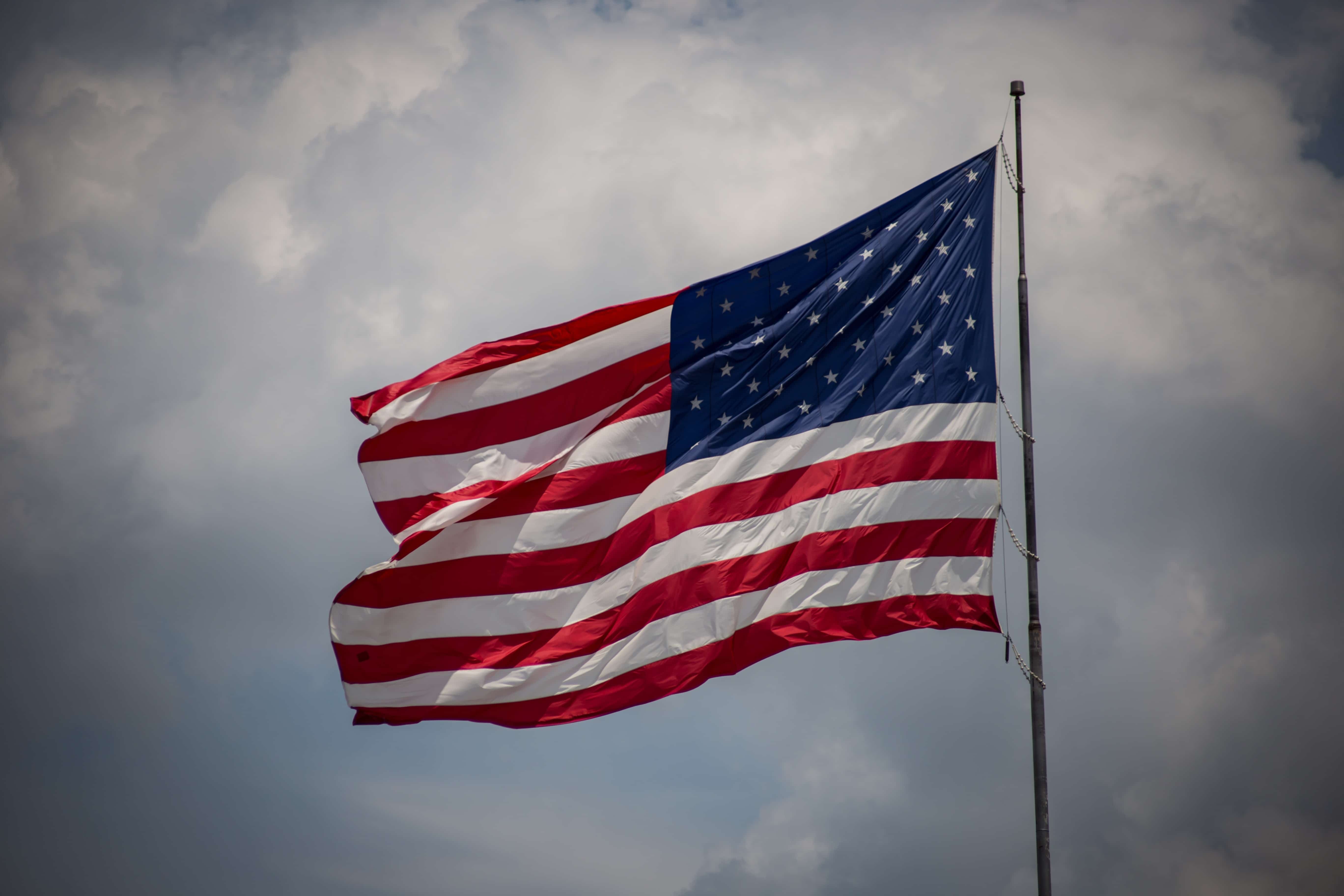
Today, the United States remains the world’s leading power, and its influence on the international system is unparalleled by that of any other country. However, its dominance has diminished steadily over the past three decades. Its rules are increasingly and successfully challenged — not only by major powers, such as China and Russia, but even by the weakest and most backward of states. Western leaders have sought to legitimise the rules-based international order by anchoring it in the principles of the UN Charter, insisting that such an order is not a Western construct, but universal in its application. But few non-Western governments buy this. For them, the “rules-based international order” is driven by Western interests, centred in Western power, and observed or ignored by the West whenever it feels like it.
Western leaders have sought to legitimise the rules-based international order by anchoring it in the principles of the UN Charter.
So where does this leave us? Perhaps the most practical definition of international order is one of the more venerable. Nearly a half-century ago, the great Australian scholar Hedley Bull argued that an international society existed when “a group of states, conscious of certain common interests and common values … conceive themselves to be bound by a common set of rules in their relations with one another and share in the working of common institutions”. This set it apart from an international system, whereby “states … may be in contact with each other and interact in such a way as to be necessary factors in each other’s calculations without their being conscious of common interests or values, conceiving themselves to be bound by a common set of rules, or co-operating in the working of common institutions”. [8]
Bull believed that a rules-based international society was in place even during the Cold War, when the United States and the Soviet Union were engaged in long-term strategic and ideological confrontation. The standard he applied was broad agreement over the rules of the game. As he put it, “most states at most times pay some respect to the basic rules of coexistence, such as mutual respect for sovereignty, the rule that agreements should be kept, and rules limiting resort to violence”. [9] The Cold War fit the bill. It was a confrontation, but one moderated by implicit limits and conventions that both sides understood and, for the most part, respected. In other words, it was a rules-based order, albeit very different to that imagined today in Western capitals. [10]
In this essay, when I speak of a “Ukraine effect” on global order, I mean order in the Hedley Bull sense. Of course, Bull was writing at a time when the two superpowers were able, in varying degrees, to enforce their visions of order. That is scarcely the case today. There are many more active and influential players in the international system; power itself is more diffuse than in centuries; and consensus is much harder to achieve. Nevertheless, Bull’s core principle still holds true: order implies some level of mutual understanding about the rules of engagement and co-existence, while disorder occurs when these break down — as exemplified by the Russian invasion of Ukraine.
The Ukraine war and international order
Putin’s invasion has been a fiasco. Russia has suffered huge losses of men, materiel, and reputation. The war has weakened its position in the world. Moscow is more dependent than ever on Beijing. The Biden administration, which had been struggling in the wake of the withdrawal from Afghanistan, is revitalised. Transatlantic ties have been boosted, with the North Atlantic Treaty Organization (NATO) rediscovering a sense of mission. And the idea of a unitary West has been strengthened.
But Western policymakers face at least two major challenges. The most immediate is to maintain the impressive consensus they have managed so far. Despite Russia’s military reverses, Putin has shown no sign of backing down. On the contrary, the war has assumed the guise of an existential struggle, akin to the Great Patriotic War of 1941–45, which cannot be lost whatever the human cost. [11] Furthermore, Putin believes that time is on his side; sheer numbers will eventually overcome Ukrainian resistance on the battlefield, while “Ukraine fatigue” will erode Western resolve. In this connection, the Kremlin is encouraged by calls in some Western circles for peace negotiations and Ukrainian territorial compromises. It hopes, in particular, that a Republican win in the 2024 US presidential election will see an end or scaling down of American support for Kyiv. [12]
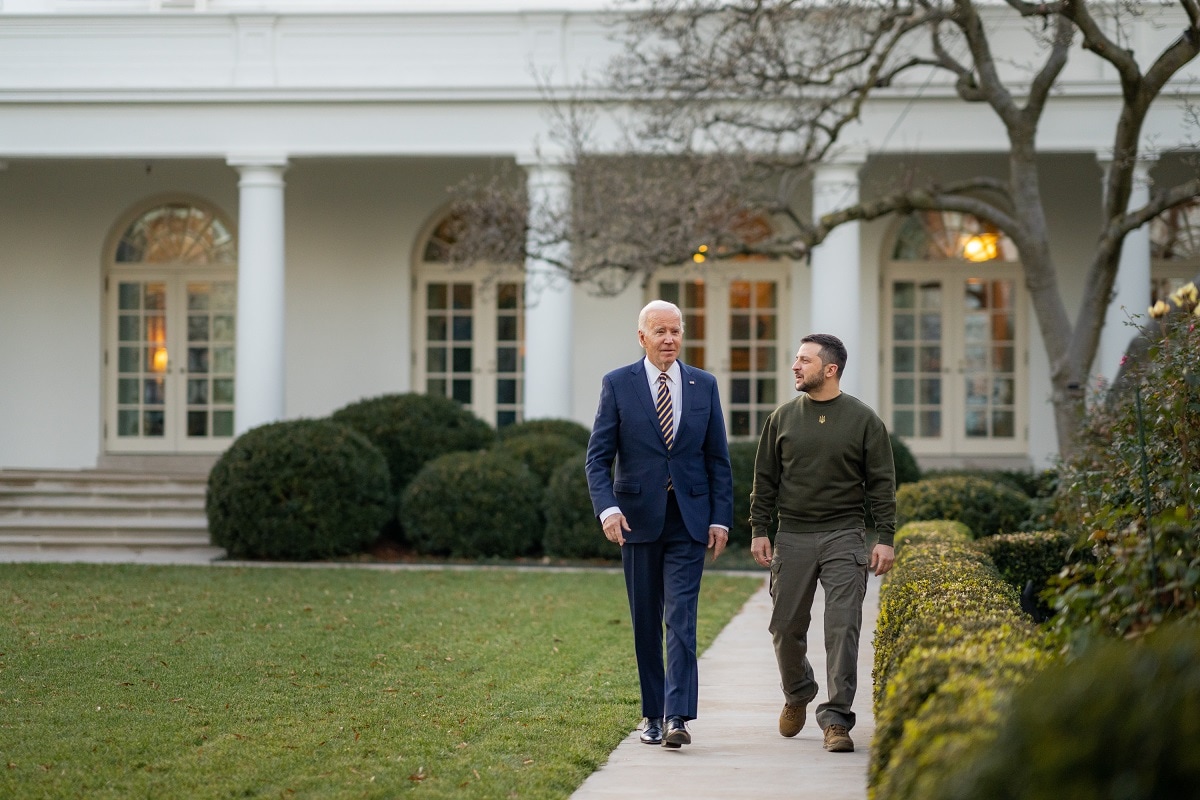
The second challenge is no less daunting: to persuade the non-Western world that the war in Ukraine is not just another European conflict but goes to the very future of international order. In theory, there is consensus on this, particularly when it comes to preserving the territorial integrity and sovereignty of states. Shortly after the start of Putin’s “special military operation”, the UN General Assembly (UNGA) voted overwhelmingly to condemn the Russian invasion, and it acted similarly after Putin announced the “independence” of four Ukrainian provinces in September 2022, and again on the first anniversary of the invasion on 23 February 2023.
Non-Western countries are also reluctant to get involved because they do not see the Russian invasion as uniquely evil.
But in practice, many non-Western countries maintain a neutral, almost agnostic stance. There were 35 abstentions in each of the first two UNGA votes, plus several absences. And it was much the same story with the third vote (32 abstentions, with two former abstainers voting against the resolution). Some governments acted out of self-interest, wishing neither to alienate Moscow nor to be seen to back a flagrant breach of the UN Charter. But others believed that Ukraine was not their problem and was instead part of the ongoing confrontation between Russia and the West. [13] Tellingly, many countries that voted for the UNGA resolutions have refrained from imposing sanctions against Russia. To date, only 45 countries have done so — all of whom either belong to or are closely aligned with the West. [14] For the rest, it is enough to register their formal disapproval of the act itself — violation of the sovereignty of a UN member state — without choosing sides between Russia and the West.
Non-Western countries are also reluctant to get involved because they do not see the Russian invasion as uniquely evil — as they see it, the invasion is no worse than other military ventures such as the US-led intervention in Afghanistan post-9/11, the 2003 invasion of Iraq, and the NATO operations in Kosovo in 1999 and Libya in 2011. [15] The invasion of Iraq, notably, saw Washington circumvent the United Nations and violate Iraqi sovereignty on the false premise that Saddam Hussein retained weapons of mass destruction (WMD). The subsequent carnage and disruption were enormous, with nearly 300 000 deaths and around six million people displaced.
Such whataboutism irritates Western observers but reflects a widespread belief that major powers, in particular, are guided by interests rather than moral principle or international norms. [16] If the United States can ignore the rules whenever it chooses, as in Iraq, then it is hardly surprising that Russia, China, or other powers should also do so. Viewed through this lens, Western appeals to the “rules-based international order” are self-serving and hypocritical. [17] And claims that Putin’s war is an imperialist venture cut little ice. For much of the Global South, the Western powers have no right to level such accusations, given their own colonial past. [18]
The linkage Western governments draw between the war in Ukraine and the fate of international order elicits a cynical reaction in many non-Western countries.
Then there is the charge that the West only invokes values when its interests are at stake, while ignoring breaches of international order when they are not. [19] For example, over the past two years, an extremely bloody conflict has been taking place in Ethiopia, resulting in more than 600 000 deaths. Yet this has received minimal coverage in the Western media, and the attitude of Western governments has been largely one of indifference. [20] A similar insouciance has been on display towards the humanitarian tragedy in Yemen, where Western arms to Saudi Arabia have contributed to the suffering of millions. [21] There have been some token sanctions against the Saudis, but this has not stopped the United States and European powers, such as the United Kingdom, from courting Riyadh. Most recently, we have seen a stark contrast between the warm welcome European governments have given to Ukrainian refugees and the hostile reception towards refugees from Afghanistan, Iraq, and Syria. [22]
In short, the linkage Western governments draw between the war in Ukraine and the fate of international order elicits a cynical reaction in many non-Western countries. They reject the assumption of moral superiority by the United States and Europe. They see no reason to sacrifice their interests for the sake of a “rules-based international order” that has little meaning for them. They recognise that the war has had globally destabilising consequences but blame Western sanctions against Moscow as much as Putin’s invasion for these outcomes. [23] And the international order they desire is one that sees an early end to the conflict, regardless of who wins, along with the securing of essential supply chains and stabilisation of the global economy. [24]
US–China strategic rivalry
One might imagine that the Ukraine war would have taken some of the heat out of US–China strategic rivalry. Washington has had to focus primarily on events in Ukraine. The war has exposed the limits of Sino–Russian partnership (the so-called “no limits friendship”). Beijing has so far refrained from supplying Moscow with weapons [25] or helping it to bust Western sanctions. [26] And China’s President Xi Jinping has distanced himself from Putin’s nuclear blackmail, while Chinese officials routinely brief against the Kremlin. [27]
Yet there has been no relaxation of US–China tensions, which are now more acute than in half a century. There are several reasons for the lack of a Ukraine “dividend” in the relationship. First, Washington sees China as the only power with the capability and will to challenge US global primacy. Although the Biden administration’s 2022 National Security Strategy distinguishes between Russia as a direct threat and China as a long-term strategic challenge, China remains the great “other”, far more formidable than a declining Russia. [28] What happens in Ukraine, therefore, does not alter the fundamentals of US–China strategic rivalry, which is multi-dimensional and unrelenting.
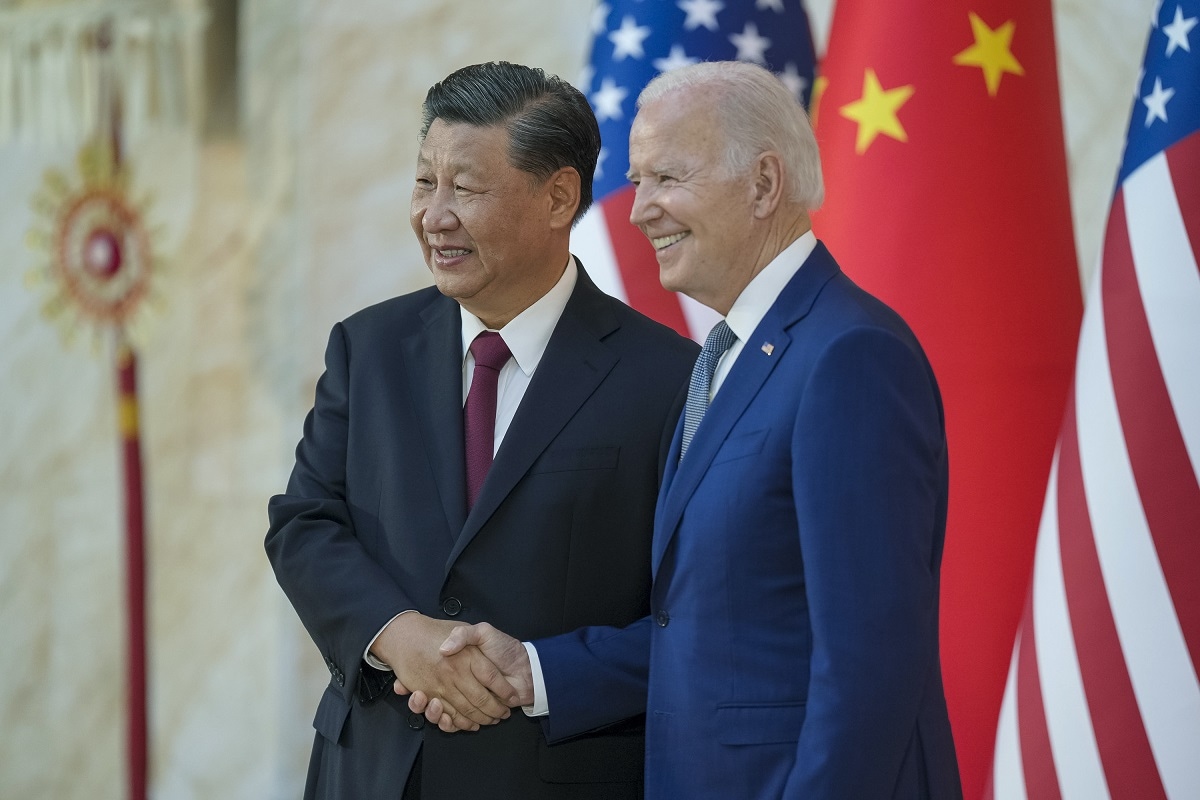
Second, over the past year Beijing has significantly ratcheted up its People’s Liberation Army (PLA) activity around Taiwan and in the Western Pacific, leading to heightened fears of military confrontation. The escalation following the August 2022 visit of US House Speaker Nancy Pelosi to Taipei raised red flags about impending Chinese aggression. There is a subtext, too, which is that Beijing has exploited the distraction of the Ukraine war to advance its goals in the Indo-Pacific.
Third, China’s stance on the Ukraine crisis has scarcely been impartial, but instead pro-Putin, blaming the United States and NATO for “provoking” the invasion. The spectre of a Sino–Russian axis of authoritarians remains very much alive in Washington. [29] Although this fear is exaggerated, Xi certainly has no interest in a victory for Kyiv, since this would be interpreted as a Western and especially American triumph. It would vindicate US global leadership and embolden Washington to pursue an assertive approach in the Indo-Pacific — on Taiwan, freedom of navigation, missile defence, and strategic power projection in general.
Xi is more committed than ever to securing the reunification of Taiwan with the mainland; asserting Chinese primacy in Asia; and building up China as a global power.
Xi aims to maximise China’s strategic flexibility. Accordingly, he has sought to improve its international image and reach out to the West. [30] In November 2022, he participated in-person at the G20 summit in Bali, where he had a fairly cordial bilateral meeting with US President Joe Biden. In the same month, he had welcomed Chancellor Scholz to Beijing, and so far in 2023 he has hosted French President Emmanuel Macron, European Commission President Ursula von der Leyen, and several other European leaders. Beijing has also issued a position paper on the “Political Settlement of the Ukraine Crisis” in an effort to portray itself as a neutral but concerned party. [31]
Crucially, though, the Ukraine war has not led to any rethinking of China’s goals. Xi is more committed than ever to securing the reunification of Taiwan with the mainland; asserting Chinese primacy in Asia; and building up China as a global power. His recent public diplomacy in no way represents a mea culpa for past actions but is a response to significant changes in China’s operating environment. Against the backdrop of the war in Ukraine, slowing economic growth, and demographic decline, the confrontational “wolf-warrior” approach of recent years has been modified.
But there should be no illusions. Xi and other Chinese Communist Party leaders view international politics through a competitive prism and remain highly suspicious of Western influence and aims. This mistrust is fully reciprocated in Washington. The brouhaha over the Chinese spy balloon in February this year, and US claims that Beijing is contemplating lethal military support to Russia, exemplify a relationship that continues to deteriorate. The war in Ukraine may not have been a game changer in this respect, but it has crystallised core differences between Washington and Beijing, including over the future of international order.
A tale of two divides
DEMOCRACIES VERSUS Autocracies
From the outset of his presidency, Biden has drawn a clear distinction between two competing visions of global order — one democratic, the other autocratic. [32] The United States and its allies and partners in NATO, AUKUS, and the Quadrilateral Security Dialogue (the Quad) stand on the side of right, while China, Russia, and authoritarian states such as Iran, pose an existential threat to international order and security. This binarism is reminiscent of the East–West divide of the Cold War era.
The war in Ukraine has encouraged Washington to amplify the dangers posed by authoritarian powers. The message is that the differences between democracies and autocracies are not simply political or ideological but have real consequences for international security. While China may not be a direct participant in the war, its support for Russia is fuelling the conflict. It is also escalating its aggressive activities in the Indo-Pacific and is committed to overturning the rules-based international order. [33] Underpinning these assumptions is the premise that authoritarian powers, such as China and Russia, are congenitally disposed to aggressive foreign policy behaviour. [34]
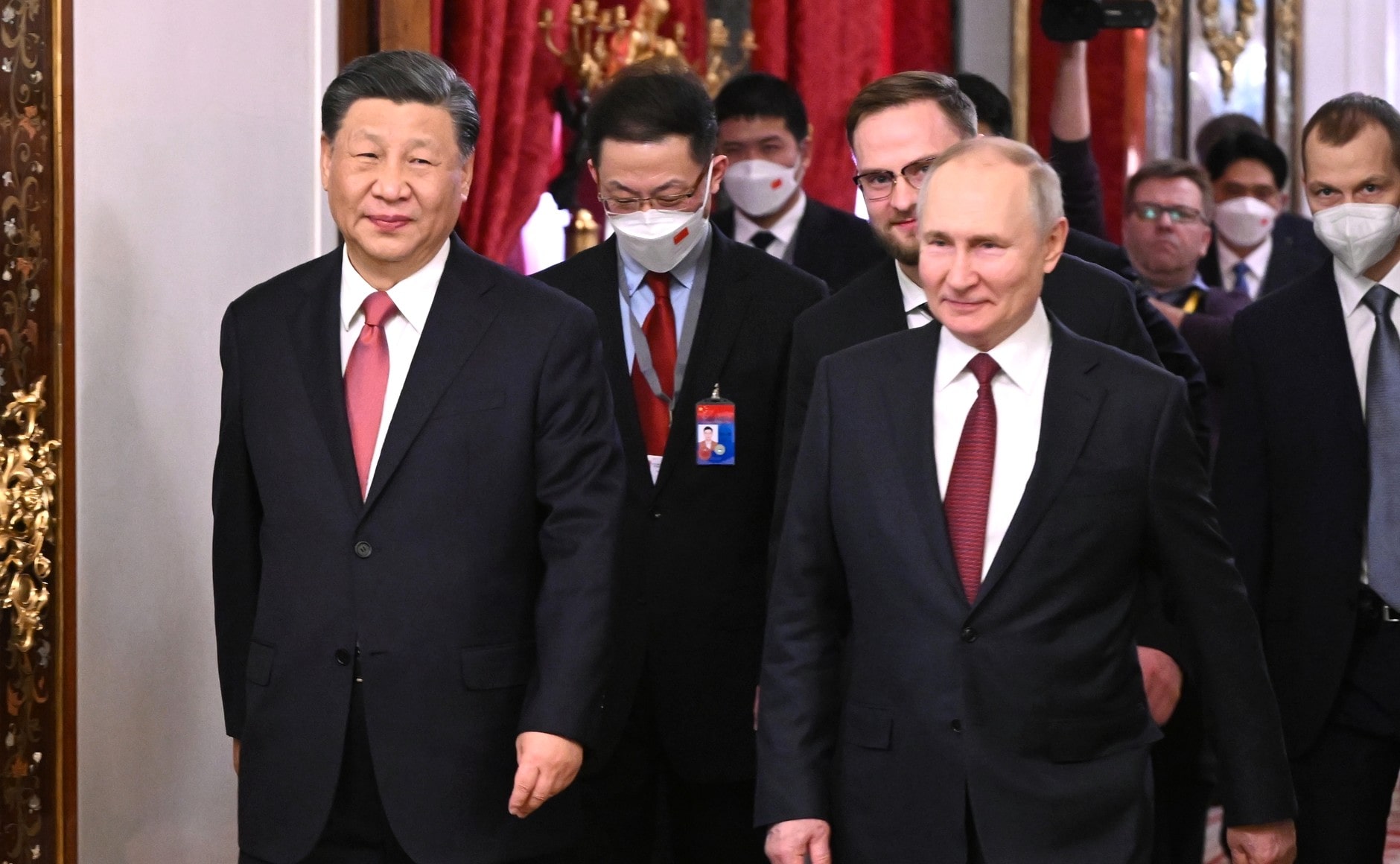
Washington’s binarism, however, has had limited resonance beyond America. Close European allies, such as Germany and France, are disappointed by Beijing’s rhetorical support for Putin, and recognise that China presents a growing challenge to Western interests. But this has not stopped them from wanting to do business with it. Scholz and Macron were accompanied by large business delegations during their respective visits to Beijing. They see cooperative engagement with China as not only possible, but necessary. Macron, in particular, has distanced himself from Washington’s hard line, arguing that Europe should resist becoming a “follower” of America and taking its cue on Taiwan. [35] But even the United Kingdom — America’s closest ally in Europe — is reluctant to subscribe wholly to the Biden administration’s worldview. UK Prime Minister Rishi Sunak has resisted pressure, including from within his own party, to label China as a systemic threat. [36]
US allies in Asia are less enthusiastic still. Some, notably Singapore, have openly criticised the notion of dividing the world between democracies and autocracies. [37] Others, such as Japan, are balancing increased defence spending and a strong commitment to US-led frameworks such as the Quad, with attempts to reach out to Beijing. Yoshimasa Hayashi’s April 2023 visit to Beijing was the first by a Japanese Foreign Minister in more than three years. [38]
Unsurprisingly, non-aligned countries reject (or ignore) Biden’s binarism. The course of the Ukraine war has only confirmed them in their convictions.
Australia’s own position encapsulates the conundrum facing many US allies in Asia. Canberra is committed to consolidating close political and security ties with America, notably through strategic frameworks such as AUKUS. But China remains by far Australia’s largest trading partner. Since the government of Prime Minister Anthony Albanese came to office in May 2022, high-level diplomatic contacts with Beijing have resumed. Albanese had a separate bilateral meeting with Xi at the Bali G20 summit, and Foreign Minister Penny Wong visited Beijing in December 2022. While Australia will always stand much closer to the United States than to China, it is clearly reluctant to make hard binary choices. [39]
Unsurprisingly, non-aligned countries reject (or ignore) Biden’s binarism. The course of the Ukraine war has only confirmed them in their convictions. Whatever their misgivings over Putin’s actions, few are keen to see a triumphant West. They would much rather a world where US and Western power is counterbalanced by other centres of influence. [40] Smaller players would retain agency, preserve their political autonomy, and perhaps leverage great power rivalry to their advantage, as Türkiye has done through its mediatory role in the war and facilitation of grain exports from Ukraine and Russia. [41]
The North–South divide
There is, however, another form of binarism exerting a growing influence on global order — the separation between the Global North and the Global South. This divide is hardly new, having existed since the age of imperialism (if not earlier), and it was highlighted during the Covid-19 pandemic. [42] Yet its significance has been consistently underestimated by Western policymakers and thinkers, many of whom have put their faith in a globalisation that lifted all boats. [43]
The expression “Global South” is somewhat problematic since it encompasses such a disparate assortment of countries. Historically, it was associated with what used to be called the “Third World” (i.e. developing countries in Africa, Asia, and Latin America). But today it also covers major powers such as China and India, wealthy authoritarian states such as Saudi Arabia, and key regional players such as Türkiye and Brazil. [44] It is perhaps easier to define the Global South in terms of what it is not — that is, as the antithesis of the post-modern West. There are few liberal democracies. Many “members” of the Global South are low- and middle-income countries (the definition used by the World Bank), and suffer disproportionately from climate-related catastrophes, food insecurity, poor infrastructure, and lagging education. They also tend to be geopolitically non-aligned without, however, resembling the Non-Aligned Movement of the Cold War era.
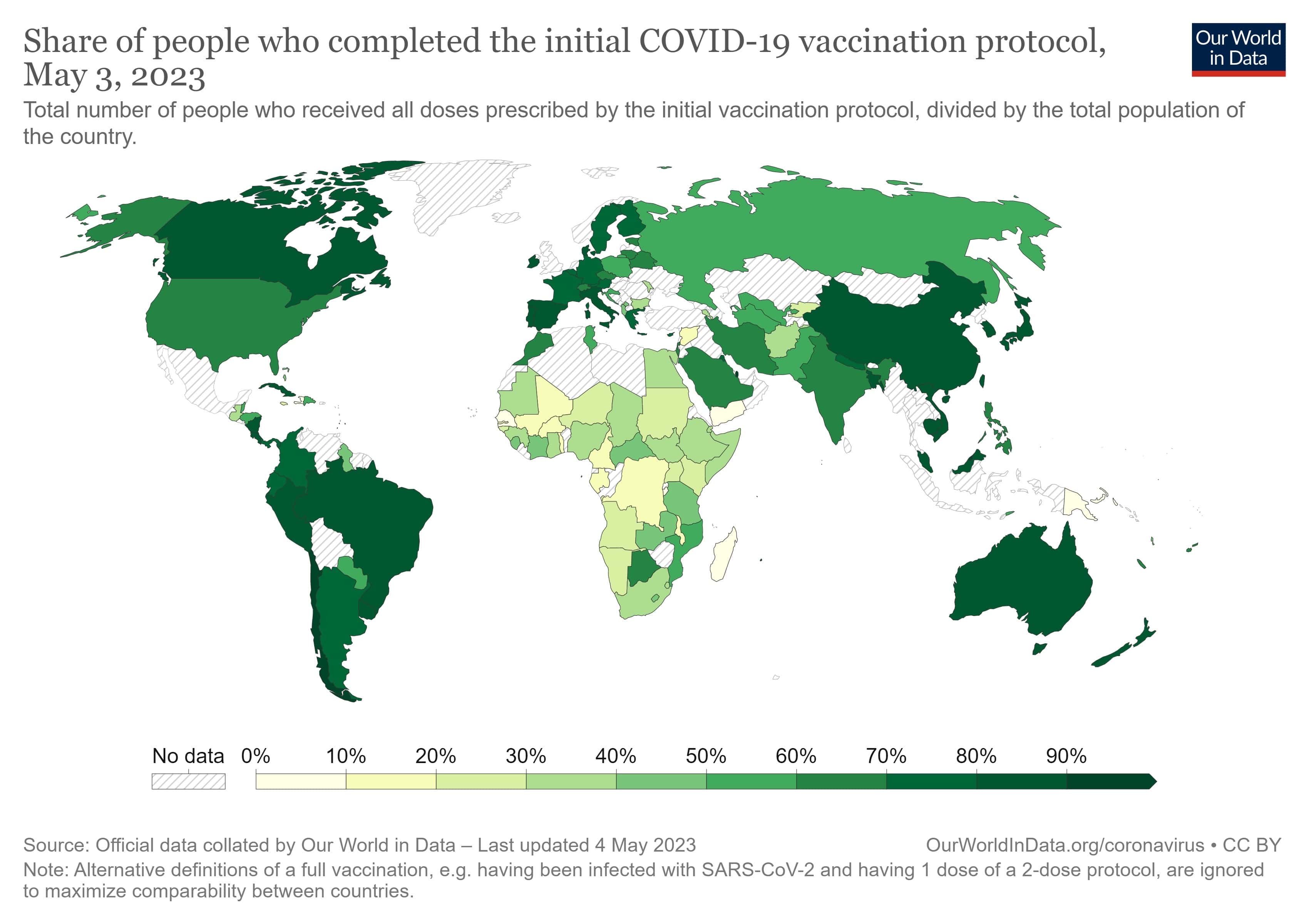
That said, the Global South is hardly a scientifically rigorous term, and there are obvious downsides to generalising on the basis of it. So why employ it? The main justification is that it has become common usage. It may be intellectually suspect, but it is politically relevant and influential, nonetheless. Many countries self-identify as belonging to the Global South, and the concept has been endorsed by the United Nations through its Office for South–South Cooperation (UNOSSC). [45]
The war in Ukraine has accentuated the North–South divide. This is not only about relative influence and status within the international system, but also different priorities. Whereas Western leaders are preoccupied by Russia’s disruption of the European security order and by the rise of China, most of their counterparts in the Global South are focused principally on economic and developmental challenges, such as debt relief, food security, and mitigating the effects of climate change. [46] This is a major reason why Biden’s construct of democracies versus autocracies has minimal appeal beyond the West. Even in the Indo-Pacific, where there are genuine security anxieties about China, most nations are more interested in strengthening economic cooperation with their largest trading partner than in ideological point-scoring. [47]
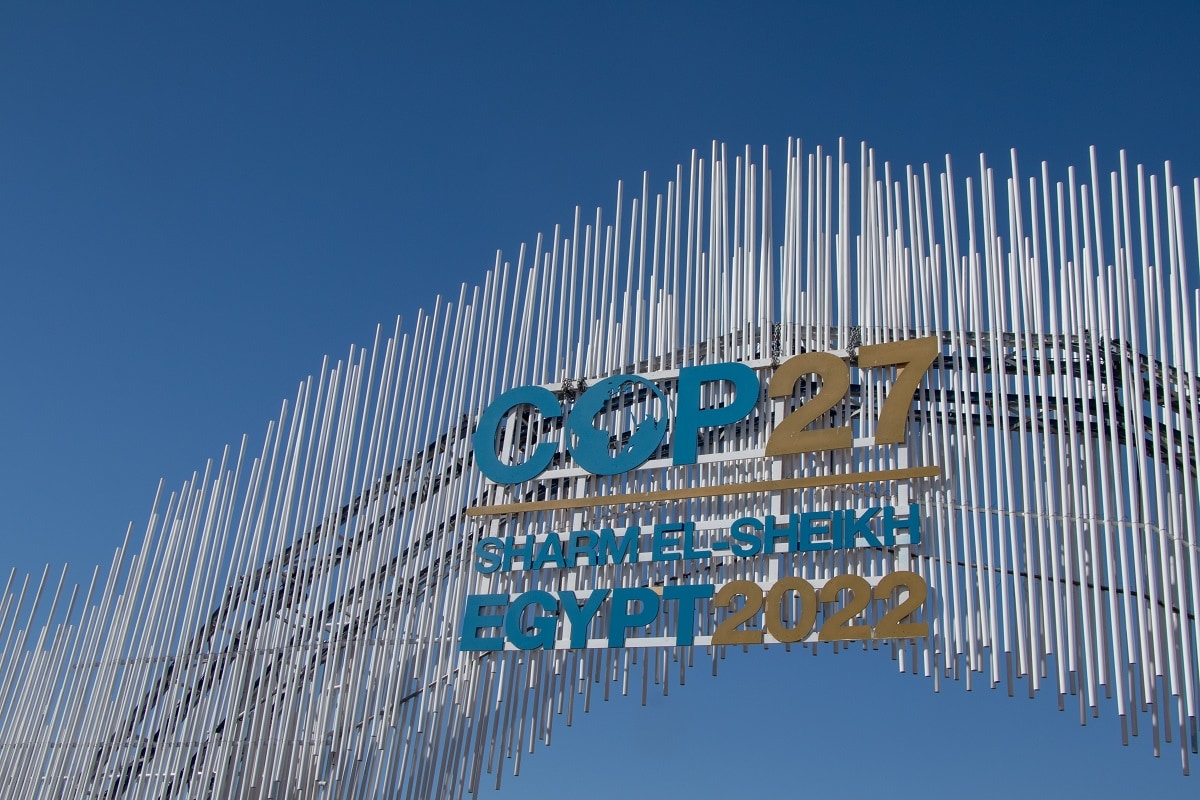
More concretely, the Ukraine conflict has had a number of adverse consequences for Global South countries. It has narrowed the policy bandwidth of Western decision-makers. Issues of primary concern to the Global South, such as climate financing, food security, and debt relief have been deprioritised. Relatedly, the war has sucked in financial resources that, in more peaceful times, might have been allocated elsewhere. Western governments have significantly increased defence spending to meet the additional requirements generated by Russian aggression. Regular aid budgets have been cut and funds diverted to Ukraine from the usual recipients. To date, the United States has given more than US$75 billion in direct military, economic, and humanitarian assistance to Ukraine — twice its entire overseas aid budget for 2021 (US$38 billion). [48] A number of European countries are covering the costs of receiving Ukrainian refugees from existing aid funds, in effect transferring part of the burden to low-income countries. [49] It is hardly surprising, then, that many developing countries should see themselves as marginalised, remembered only when the United States needs to rally support for resolutions in the UN General Assembly or in countering Chinese influence.
Although North–South tensions over climate financing pre-date events in Ukraine, the war has aggravated them.
The North–South divide was brought into sharp relief at last year’s COP27 Climate Change Conference in Egypt. Long-standing resentment over the failure of the richest nations to fulfil their financial obligations to aid the energy transition of poor countries was exacerbated by Western reluctance to approve a “loss-and-damage” facility to compensate these countries for the environmental and economic costs of climate change. The G77 bloc of (mostly) developing countries threatened to derail the summit, and to abandon the commitment in the 2015 Paris Agreement to limit the rise in global temperatures to 1.5 degrees Celsius above pre-industrial levels by 2100. In the end, a deal of sorts was cobbled together — a loss-and-damage mechanism was approved, but with no sums or sources of funding specified. The ill-feeling and mutual mistrust from the summit were striking. [50]
Although North–South tensions over climate financing pre-date events in Ukraine, the war has aggravated them. Viewed from the Global South, COP27 highlighted a consistent pattern of dismissive behaviour by the West, following on from the failures of vaccine distribution during the Covid-19 pandemic, reluctance to engage seriously on debt relief, and cuts to humanitarian assistance. Western leaders expect the Global South to be vitally interested in the priorities they identify as most important — defending the “rules-based international order”, defeating Russia, countering China, and saving the planet — but make little effort to reciprocate when it comes to the concerns of developing countries.
Where now for international order?
Ukraine’s remarkable resistance, the energetic US response to the war, and the unexpected resolve of the Europeans have given new impetus to the idea of a rules-based international order. Certainly, if any of these elements had been absent, we might already be talking about its demise. Yet the job is far from done. The 2022 US National Security Strategy speaks of a “decisive decade” coming up. [51] But the struggle for international order will be longer, more complex, and messier than Washington supposes.
Four variables will be key in determining the outcome, including whether an international order emerges at all. The first variable is the course of the war in Ukraine. The second is the evolution of US–China relations. The third variable centres on how far the Global South is brought into international governance. And finally, the viability of any order will be contingent on its capacity to address a twenty-first century agenda that prioritises climate action, food security, public health, and economic and social justice.
Resolving the Ukraine war
This is really about getting past first base. If Putin wins in Ukraine, the concept of a rules-based international order would be delegitimised. Military might will have won out, and the West’s political and moral reputation would be shredded. [52] The consequences would not end there. Putin’s record over the past 15 years — including the Russo-Georgian war in 2008, the annexation of Crimea and partial occupation of the Donbass from 2014–15, and military intervention in the Syrian civil war in 2015 — suggests that he will seize on any Western lack of resolve. Thus, he could choose to grab northern Kazakhstan, where there is a large ethnic Russian population, or formally annex Belarus, which is already a de facto Russian protectorate. Western weakness would invite Beijing to raise the ante in the Indo-Pacific, up to and including an invasion of Taiwan. Other countries, small as well as large, might also be inclined to take their chances. After all, if the West proved unable or unwilling to face down Russian aggression in Europe — “home” territory, so to speak — why would it do so in regions where its interests were not so intimately involved?
It is not just the liberal vision of a rules-based international order that would be a casualty of a Putin victory in Ukraine. The very notion of an international order in which states “conceive themselves to be bound by a common set of rules in their relations with one another” — the definition proposed by Hedley Bull in 1977 — would suffer immense damage. To tolerate a Putin win would be to allow him to exceed the limits that even the Soviet Union largely observed during the Cold War. (Unlike Hungary in 1956 and Czechoslovakia in 1968, Ukraine has been a sovereign independent state for more than three decades.) Russia today is far weaker and less influential than the USSR was during the Cold War, yet Putin has felt emboldened to overturn the status quo in a way that his Soviet predecessors would scarcely have risked.
Some commentators have suggested that there is a deal to be made with Moscow. One common idea is a return to the status quo before 24 February 2022, the date of Putin’s invasion. Ukraine would get back most of the territories it had lost, while Russia would keep Crimea and those parts of the Donbass it has occupied since 2014–15. The United States and NATO would provide Russia with security guarantees, including a prominent place in a revised European security architecture. Ukraine would be formally neutral and have no prospect of joining NATO. [53]

Unfortunately, a settlement on such terms is not only immoral, but most of all impractical. It would reward Russian aggression, cripple Ukraine for years, fatally undermine the post-Cold War European order, and fuel the Sino–Russian partnership. It would be seen by all parties, and the outside world, as a Ukrainian defeat and Western capitulation. It would also settle nothing, since Moscow would aim to “improve” the deal at the first opportunity. After all, this is exactly what it has done since it annexed Crimea nearly a decade ago.
Some kind of Ukrainian victory, then, is needed. But it is unclear what this would look like. Would it entail the return of all territories annexed by Russia since February 2014, namely, the whole of the Donbass region and Crimea? And how far should the West’s obligations extend? There are no easy fixes. All potential solutions carry risk, including of military escalation. Putin has shown no inclination to compromise and is in for the long haul. The only satisfactory outcome for him is the same as on day one of the invasion: a decisive victory. In this climate, Western talk of “pragmatism” and “off-ramps” misses the point. Quite rightly, Moscow interprets this as weakness.
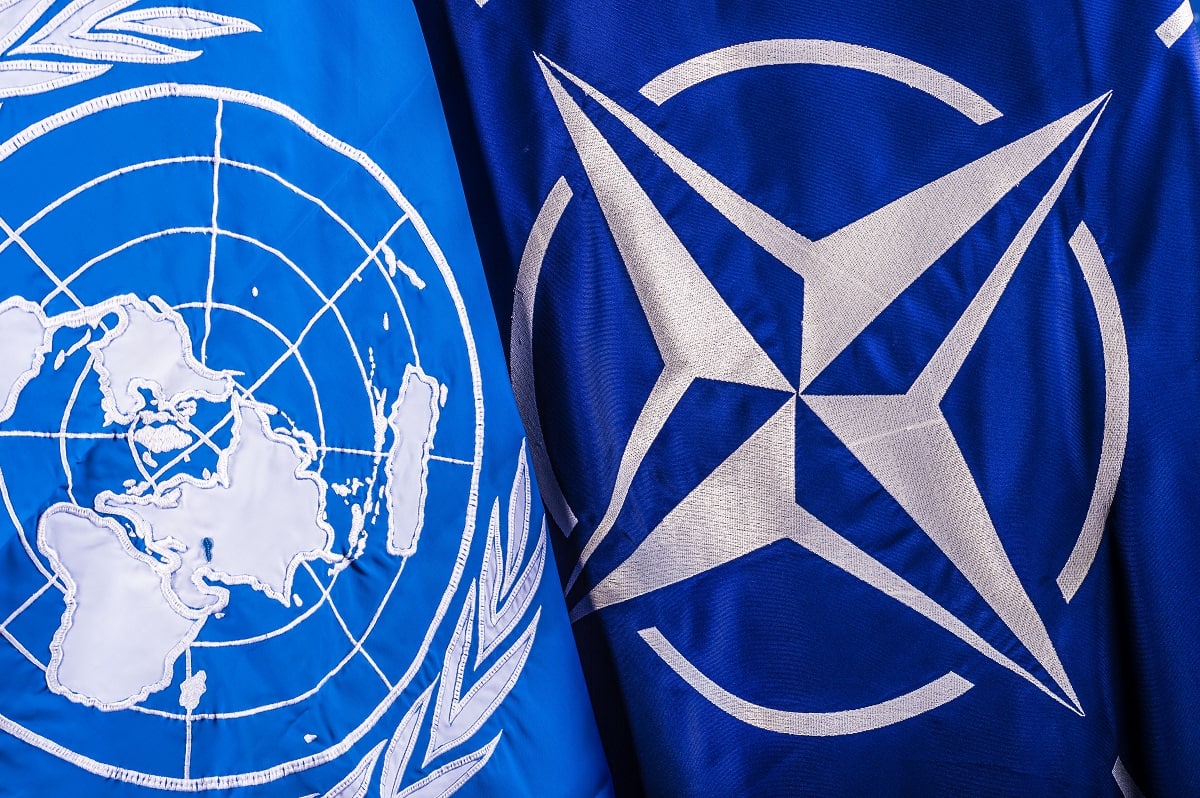
The obstacles to a resolution of the Ukraine war are enormous and may prove insurmountable. Nevertheless, there are steps the West can and must take, not just to help Ukraine, but also itself and the cause of a functioning international order — “liberal” or other. The most immediate priority is to increase military support (short of providing combat troops) to enable Ukraine to drive Russian troops from the occupied territories. That means boosting Ukraine’s capabilities with the most advanced NATO equipment, including fighter aircraft, tanks, and anti-air missile systems. Continuing prevarication on the grounds that this might lead to a wider conflict is misconceived, since such inaction feeds Putin’s belief that he can outlast or spook Western leaders. [54] Any prospect of serious peace negotiations, let alone a stable peace, is contingent on Russia being defeated on the battlefield. (Economic sanctions, among the most severe ever imposed, have had minimal effect on Kremlin decision-making.) Speed is of the essence. The longer the conflict goes on, the better Moscow’s chances are of achieving a settlement on its terms as “Ukraine fatigue” saps political will in the West. [55]
Western governments should also be thinking about how a post-war Ukraine would fit within a European order. NATO needs to apply an Article V-type provision to guarantee Ukraine’s territorial integrity from future attack, [56] while the European Union should integrate Ukraine within its structures. [57] Without such measures, Ukraine will always remain an outsider — a status that invites further Russian challenges to its sovereignty and to the security of Europe.
Western governments cannot afford to be precious about Chinese influence unless they are prepared to fund the whole enterprise themselves.
The West will need to commit long-term funds to aid Ukraine’s reconstruction. To this end, it should welcome the participation of other parties, such as China and the Gulf states. Although this goes against the grain, given US–China tensions and ongoing suspicions about Beijing’s Belt and Road Initiative, the immensity of the rebuilding task will require many hands to the pump. Western governments cannot afford to be precious about Chinese influence unless they are prepared to fund the whole enterprise themselves — an unfeasible prospect given that the costs of reconstruction could amount to US$1 trillion. [58]
Finally, there is the issue of what to do about Russia. Where and how does it fit within a post-war European and global order? This subject deserves separate and detailed treatment. But it is worth flagging a few contours. One principle is that Russia should not be afforded special treatment by virtue of its size or nuclear arsenal or historic claims to “greatness”. This is not about punishing Russia for its invasion of Ukraine but is a question of practicalities. For a rules-based international order to work, the rules themselves have to be anchored in some kind of reality and a plausible vision of stability. Giving Russia an effective right of veto over European security (in particular), and buffing up its sense of strategic self-entitlement, would achieve neither.
Conversely, there is little to be gained — and much to lose — by consigning Russia to long-term pariah status. The accent needs to be on helping Ukraine rather than penalising Russia, although there is naturally some overlap between these goals. Western governments should avoid the temptation of attempting to extract swingeing reparations from Moscow, pursuing war crimes indictments against Russian leaders, and linking future cooperation to progress on democratisation in Russia. It will be hard enough trying to achieve peace in Ukraine, and a more or less rule-abiding Russia, without being distracted by secondary and unenforceable goals.
Stabilising US–China relations
The longer the Ukraine war drags on, the more problematic the US–China relationship will become. Both sides desire an early end to the conflict but hope for very different outcomes. Each understands that the course of the war has implications for the global order and for the relative distribution of power and influence within it. The big task ahead is mutually reinforcing: to ensure that ongoing US–China tensions do not exacerbate the situation in Ukraine; and to limit the fall-out from the war on their relationship. Fail in this endeavour, and even a minimalist international order based on “rules of the game” would be a remote prospect.
On the plus side, Beijing appears reluctant to go down the path of military confrontation. Partly, this is because it judges that the time is not right. The Communist Party leadership faces a formidable array of challenges, from revitalising economic growth to managing China’s demographic crisis to renovating its international image. Despite constant talk about Western decline, there is little confidence in Beijing that China would win a kinetic war against the United States, and even bullish commentators recognise that it is far from ready to assume global leadership. [59] Xi’s “community with a shared future for mankind” remains stuck in the realm of platitudes.
In the meantime, Beijing has a vested interest in international stability. China remains deeply integrated into — and dependent on — the global economy. The United States, the European Union, and Japan buy nearly 40 per cent of its exports. [60] China relies heavily on the import of semiconductors, despite efforts to develop an indigenous industry. [61] And, even if Beijing manages to reduce its US-dollar holdings, it will struggle to find alternative destinations, since all the other major currencies are held by US allies. [62]
Beijing must be left in no doubt that if it invades Taiwan, the United States will intervene militarily.
The United States and other Western governments can exploit China’s continuing need for order. The goal should be not to improve human rights in China or to get Xi to rein in Putin — neither of which is achievable — but to establish functional engagement in key areas: deconfliction in the Western Pacific; strategic dialogue, including on arms control; climate policy; and trade rules, especially relating to intellectual property. US–China relations will still be defined more by competition than cooperation. But the point would be to ensure that this competition is manageable and does not degenerate into military confrontation. In other words, to preserve some level of international order based on minimum rules of the game.
Of course, this is easier said than done. The differences between Washington and Beijing are so great, and levels of mutual mistrust and loathing so high, that it is tempting to dismiss the case as hopeless and prepare instead for inevitable major war. [63] Such fatalism is unaffordable. If there is war, we are liable to find that all hope of an international system, [64] much less an international order, will evaporate. It is incumbent on Western (and Chinese) policymakers to do all they can to avoid this outcome.
The United States should pick its fights with China. To pursue a relentlessly critical approach towards Beijing, as has been the practice of the Trump and Biden administrations, actually lets it off the hook.
Four things, in particular, will be necessary. First, messages should be clearly communicated. For example, Beijing must be left in no doubt that if it invades Taiwan, the United States will intervene militarily. Such a message should not be broadcast, since this would make it much harder for the Chinese leadership to back down, but would be conveyed through back-channels. Formally, the “strategic ambiguity” that defines US policy on Taiwan would remain in place but would give way in practice to strategic clarity about Washington’s intentions. This is critical since the biggest risk of confrontation is from misperceptions and miscalculation, rather than because leaders in Washington or Beijing actively seek war. [65] More broadly, there is an urgent requirement to establish regular channels of communication and, in time, to resume a high-level strategic framework to fill the void left by the suspension of the Strategic and Economic Dialogue (SED) in 2017. [66] Critics claim that mechanisms such as the SED reward Chinese bad behaviour. Dialogue, however, does not signify approbation, but is a means of clarifying intentions — something that is more necessary than ever.
Second, the United States should pick its fights with China. To pursue a relentlessly critical approach towards Beijing, as has been the practice of the Trump and Biden administrations, actually lets it off the hook. Washington is right to condemn the PLA’s dangerous actions around Taiwan and in the South China Sea, China’s threatening behaviour towards some of its neighbours, and the theft of intellectual property from Western companies. But in other areas, Washington’s interventions have been less useful. Finger-pointing over Chinese climate policy is rich given America’s poor record of fulfilling its financing commitments under the Paris Agreement and its continuing exploration, development, and export of fossil fuels. [67] Similarly, the reluctance to give Beijing credit when it does engage constructively, for example, in brokering the recent rapprochement between Saudi Arabia and Iran, [68] raises questions about US motivations. If the US government wishes to maintain recent progress in transatlantic solidarity vis-à-vis China, it needs to be more discriminating in its targeting of Beijing’s misbehaviour. Macron’s recent barb that Europe should not be a mere follower of America was a warning shot. It would be foolish to give China opportunities to play on differences between America and Europe. [69]
The future of US–China relations — and a viable international order — will depend on developing some sort of cooperative agenda.
Third, China needs a reasonable prospect of playing a centrally influential role in global governance. [70] Any international order where it is predominantly a rule-taker and not, at least partially, a rule-setter will not stand. One small but constructive step would be to increase China’s voting shares in the International Monetary Fund (IMF) and World Bank. [71] This will not miraculously transform it into a model international citizen. Like all great powers, China is driven by self-interest and behaves in ways that are sometimes antithetical to international order. But the consequences of trying to side-line it are even greater: an incipient superpower that behaves in ever more disruptive ways; an anarchic world where rules have lost even their symbolic value; and an international “community” that is increasingly fragmented.
Finally, the future of US–China relations — and a viable international order — will depend on developing some sort of cooperative agenda. Engagement needs to go beyond mere troubleshooting. One encouraging sign in recent years has been the resilience of economic cooperation in the face of deteriorating political and security relations, with bilateral trade in 2022 reaching an all-time high of US$691 billion. [72] As difficult as it will be to find common ground with Beijing on climate action, food security, and global health, the attempt must at least be made. As the competing responses of Washington and Beijing to Covid-19 revealed, the price of not doing this is human tragedy on a vast scale and the heightening of geopolitical tensions. Critics claim America’s policy of China engagement has been tried and found wanting, but this is based on a false premise. The problem was not with engagement as such, but with the unrealistic expectations attached to it — such as the belief that trade and investment would lead to a politically liberalising, “pro-Western” China.
Bringing in the Global South
The long-term viability of any international order will depend on the extent to which countries in the Global South are invested in it. The stand-off between the G77 and Western governments at COP27 highlighted a new will and capacity to self-organise in defence of their own interests. Similarly, their responses to the war in Ukraine show they will not meekly follow the West’s lead but will seek to maximise their strategic independence and flexibility. Notwithstanding its disparateness, the Global South has emerged as a genuine constituency, courted by the West, China, and Russia.
It will be a huge challenge for the West (“North”) to mend bridges with the Global South and redress the damage caused to Western interests by the growing inequality between rich and poor countries, the mishandling of vaccine distribution to the developing world during the Covid-19 pandemic, and the marginalisation of Global South interests. This will necessitate a complex rebuilding process, involving the reform of international institutions, greater attention and resources to developing country priorities, and a change of mindset. Even in the best-case scenario, there is little likelihood that Global South countries will subscribe to the liberal vision of a rules-based international order. But what is achievable, although still difficult, is encouraging a more coordinated and effective approach in areas such as climate policy and human insecurity (including the management of refugees).
Institutional reform
For decades, developing countries were treated largely as objects of international diplomacy rather than actors with serious agendas. They were present in large numbers in the UN General Assembly, but their influence in decision-making bodies — the UN Security Council, the IMF and World Bank, and later the G20 — was negligible. That situation is unsustainable. As its aggregate footprint expands amid a general diffusion of international power, the Global South is demanding an influence commensurate with its enhanced profile. [73] Representativeness has become a touchstone issue on which hangs the legitimacy — and workability — of international order.
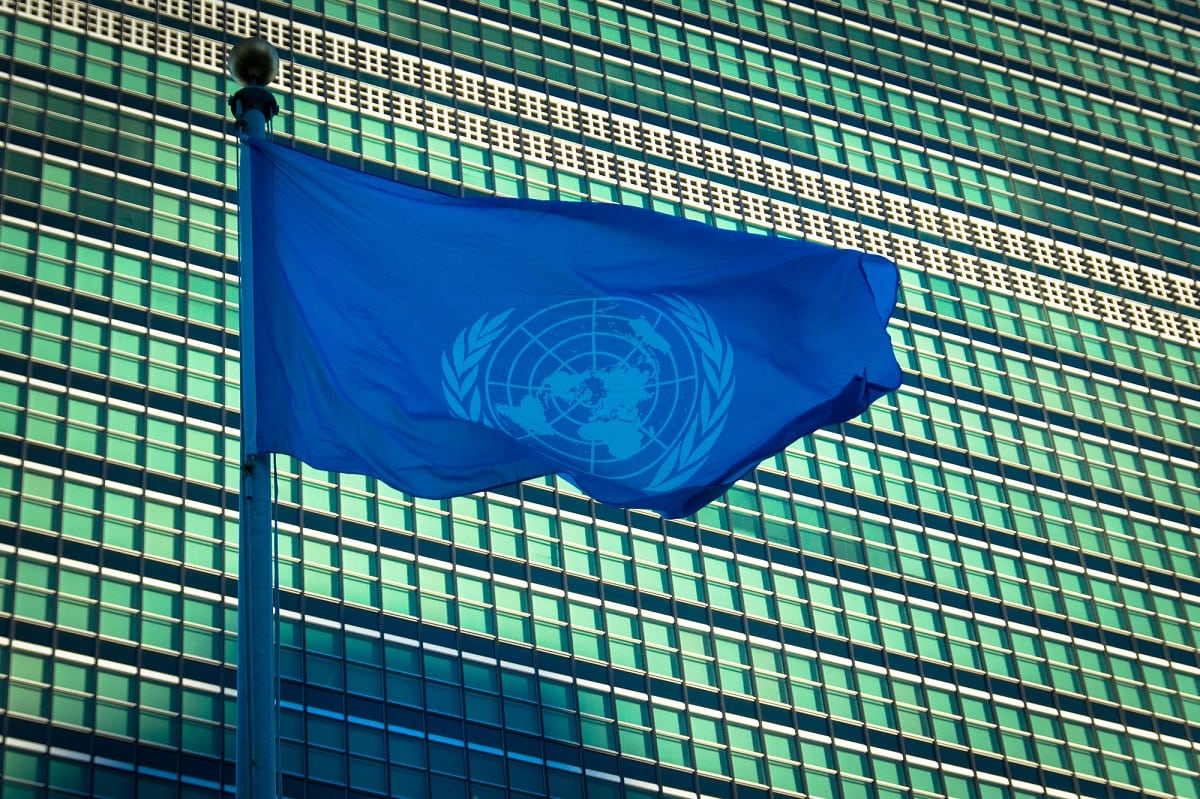
So far, however, Western acknowledgement of this reality has been essentially rhetorical. Although Biden has called for the African Union to be allocated a permanent seat in the G20, [74] this has yet to happen. Meanwhile, the voting shares of developing countries in the IMF and World Bank remain derisory. [75] Improving Global South participation will not, by itself, substantially alter the functioning of these institutions. But it would at least start the process of building a more representative international order. This is more vital than ever. Because an unrepresentative “order”, in which the great majority of nation-states have little say, is a sure-fire recipe for disorder. [76] It would be bitterly divisive and wholly ill-equipped to meet challenges, such as climate change and pandemic disease, that require global cooperation.
The policy agenda
More important still than institutional reform is an increased focus on priorities that matter most to developing countries. And with greater attention must come more money. COP27 demonstrated that the foot-dragging of the West on “loss-and-damage” and energy transition finance cannot continue. [77] The failure of rich countries to implement their obligations under the Paris Agreement is worse than a disgrace, it is a form of suicidal statecraft. Nothing alienates developing nations more than a sustained disregard of what, for many, are literally existential concerns — such as the floods that inundated a third of Pakistan in 2022, and the chronic drought that afflicts the Sahel region in Africa. Similarly, if and when the next pandemic strikes, Western countries will need to be less self-obsessed and more generous in ensuring the distribution of critical vaccines to the developing world. [78] At the height of the Covid-19 pandemic, they had a perfect opportunity to showcase Western technology and to advertise the virtues of liberal democracies compared to autocracies — and they blew it.
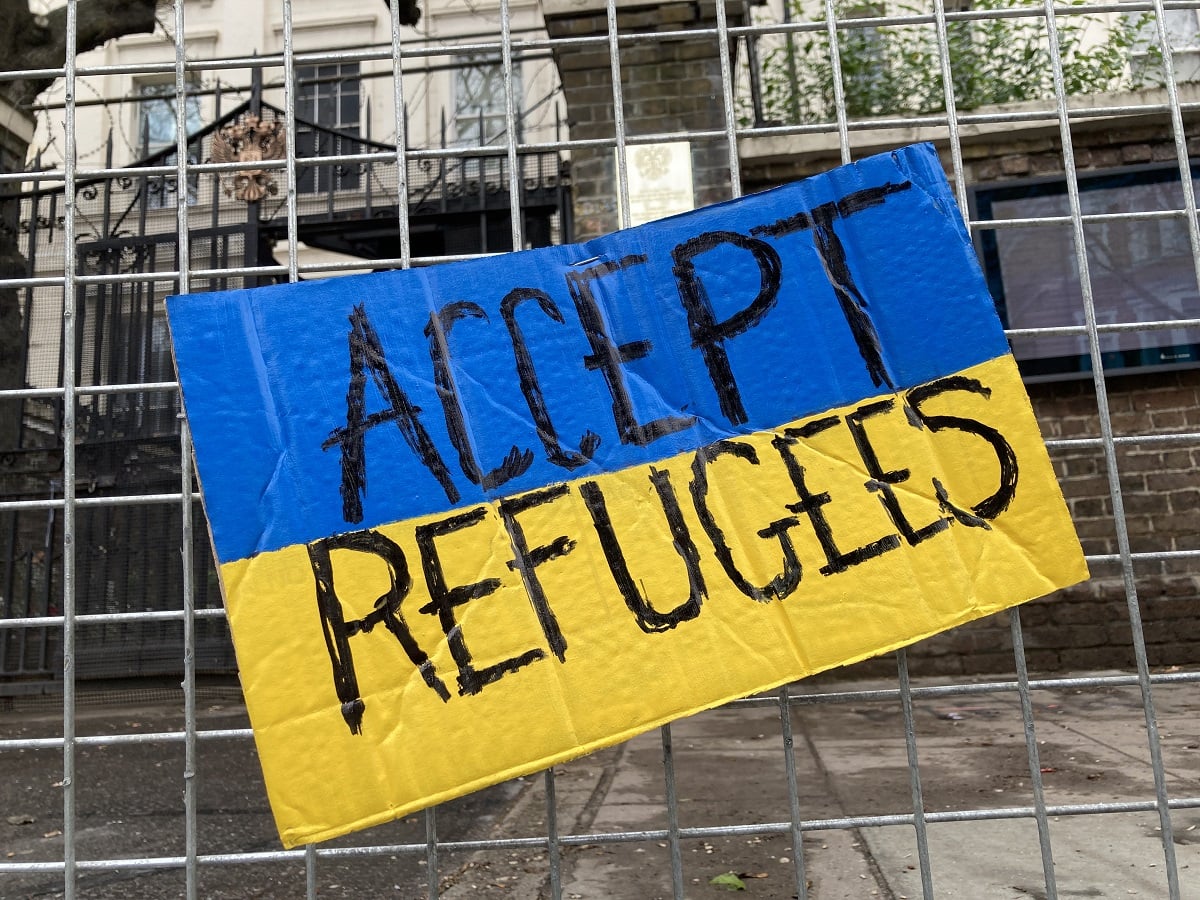
Overseas aid is another area where the West must do better. It is of course right to address the needs of Ukrainian refugees and provide military and economic support to Kyiv. But when this comes at the expense of aid to other countries and regions, the damage is not only reputational. There are strategic consequences. Western parsimony has made it easier for China to position itself as the moral conscience and economic leader of the Global South. If American and European policymakers are serious about countering Chinese influence, they cannot do so on the cheap. Initiatives such as the G7’s Partnership for Global Infrastructure and Investment, with its promises of US$600 billion in project financing, are meaningless if there is no sign of the actual funds. [79]
Changing the mindset
There needs to be a sea-change in the mentality of the West when engaging with the countries of the Global South. The most serious failing has been to view them almost as children, seduced and manipulated by outside powers with malign intentions. The trope about China’s “debt-trap diplomacy” exemplifies this patronising attitude. Yet even the weakest of states retain some agency. And they are offended by those who suggest otherwise, and whose interest in them is largely instrumental. [80]
Developing countries welcome foreign investment in infrastructure, natural resources, weapons systems, security, and technology, not out of ideological sympathy with their donors or lenders, but because they see it as being in their best interests. Though the outcomes may not always be desirable, their governments generally behave as rational actors. It is pointless for Western leaders to complain about Beijing’s ulterior motives if they are not prepared to match or better what the Chinese are offering. [81] As then Kenyan President Uhuru Kenyatta observed in early 2022, “we do not need lectures about what we need, we need partners to help us achieve what we require”. [82]
Pursuing a twenty-first century global agenda
With the Ukraine war absorbing so much attention and resources, it is hard to be optimistic about the future of a twenty-first century global agenda, centred on climate policy, food security, and human development. Regardless of what happens in Ukraine, geopolitical and hard security issues will absorb the attention of Western decision-makers for the foreseeable future. US–China strategic rivalry is set to escalate, and Russia–West relations will be damaged for years, most likely decades. Net-zero carbon targets will remain in place, but there is little reason to believe they will be reached, given the dilution of practical measures for their implementation. [83] (According to the International Energy Agency, clean energy investments comprised only two per cent of the more than US$16.7 trillion spent on Covid-19 economic recovery up to July 2021.) [84] The Ukraine war, following on the heels of the Covid-19 pandemic, has relegated climate policy in many countries to a second-order concern.
This grim state of affairs has led some observers to argue that the immediate priority should be to resolve great power tensions in order to provide a foundation for global problem-solving. [85] Unfortunately, we do not have the luxury of waiting for this to happen. In just over two years, Covid-19 has resulted in nearly seven million deaths worldwide. [86] The World Health Organization estimates that between 2030 and 2050, climate change will cause around 250 000 additional deaths per annum from malnutrition, famine, and heat alone, while other sources estimate the loss of life from temperature-related causes to be as high as five million people a year. [87] It is a tragic irony that so much of Western strategic thinking is based on hypothetical conflict scenarios, when climate change, pandemic disease, global poverty, and food insecurity have already inflicted staggering losses in human life, property, and economic wellbeing, and will continue to do so in coming decades. [88]
Defence spending and force modernisation are critical to ensuring national security for many states, including Australia.
Of course, responsible government involves planning for eventualities, such as possible major war. Defence spending and force modernisation are critical to ensuring national security for many states, including Australia. But the sums lavished on such priorities vastly outweigh funding for other essential tasks. To cite one example, in December 2022, the US Congress overwhelmingly approved a defence budget of US$858 billion. By contrast, a US$1.7 trillion spending bill around the same time allocated just US$1 billion to help poor countries to adapt to energy transition — less than a tenth of the very modest sum Biden had promised at the UN General Assembly four months earlier. [89]
This failure is not surprising in light of US political realities and the fact that much of the Republican Party regards climate change as a pernicious myth, and transition from fossil fuels as unpatriotic. But it also reflects a wider problem, which is that leaders of all stripes and all nations struggle to address challenges where there is no clear “enemy”. So, they fall back on default responses. It was far easier for Donald Trump to blame Beijing for the “China virus” and “kung flu” than to address chronic problems in the US public health system or risk alienating his base. Similarly, for the Biden administration it is a no-brainer to boost defence spending in response to the threat posed by identifiable external enemies, principally China, and to appeal to the American worker by emphasising “fair” rather than free trade.
Non-conventional threats, such as climate change and food insecurity, require policymakers to think and act counterintuitively. That means resisting the lure of short-term political expediency. It means accepting that, in many cases, the most lethal danger is not a specific country but something transnational and even universal. It involves recognising that many problems lie closer to home — whether it is the failure to curb fossil fuel emissions [90] or to properly safeguard democracy and the rule of law. [91] And it means highlighting the connection between the national interest and a safer, fairer world.
Conclusion
The Russian invasion of Ukraine is the most flagrant breach of the UN Charter since North Korea crossed the 38th parallel in 1950. It has sparked the largest conflict in Europe since the Second World War. And its consequences have been truly global. No country, however remote or seemingly disconnected, has been left untouched by events in Ukraine.
But if the war has been globally consequential, there is no consensus on what it means for the future of international order. On the one hand, it has sharpened the commitment of Western governments to liberal values, norms, and institutions. What was once taken for granted is no longer so. Indeed, for some commentators, the choice is now an elemental one pitting democracy against barbarism, order versus nihilism. [92] On the other hand, many developing nations see things very differently. They deplore the disruption caused by the war, but do not see the question as about international order itself. For them, Putin’s invasion is not a game changer, but a reflection, at most an extension, of long-standing geopolitical enmities between Russia and the West.
A rules-based international order is still feasible, but it will need to be much more representative and global.
The outcome of the Ukraine war will be critical for the future of international order. But not in the sense generally understood in the West. The liberal “rules-based international order” is obsolete, at least in its post-Cold War universalist form. This was the product of a specific time, when US power was at its zenith and Washington was able and keen to implement its expansive vision of order. Those circumstances no longer pertain. The United States is still the pre-eminent power, but international power and authority have become much more diffuse. The template of unalloyed US global leadership and Western-dominated multilateral institutions has lost legitimacy and is no longer tenable. A rules-based international order is still feasible, but it will need to be much more representative and global. As the scholar Rachel Tausendfreund noted even before the Ukraine war, “Western leaders will have to make room for others to shape the rules.” [93]
This will be hard to swallow in the current climate. The horrors of Putin’s invasion, China’s aggressive actions in the Indo-Pacific, and the escalation of geopolitical tensions favour more instinctive responses: strengthening alliances; expanding and modernising defence capabilities; increasing economic resilience; and pursuing strategic containment. Much of this will indeed be necessary. But unless there is also a greater willingness to work with the unconverted, with rivals, and even enemies, to develop rough rules of the game, there will be no international order at all. We would be condemned to live in a Hobbesian state of anarchy, marked by ever more numerous and serious conflicts, and a near total failure to address the huge challenges facing all of us.
